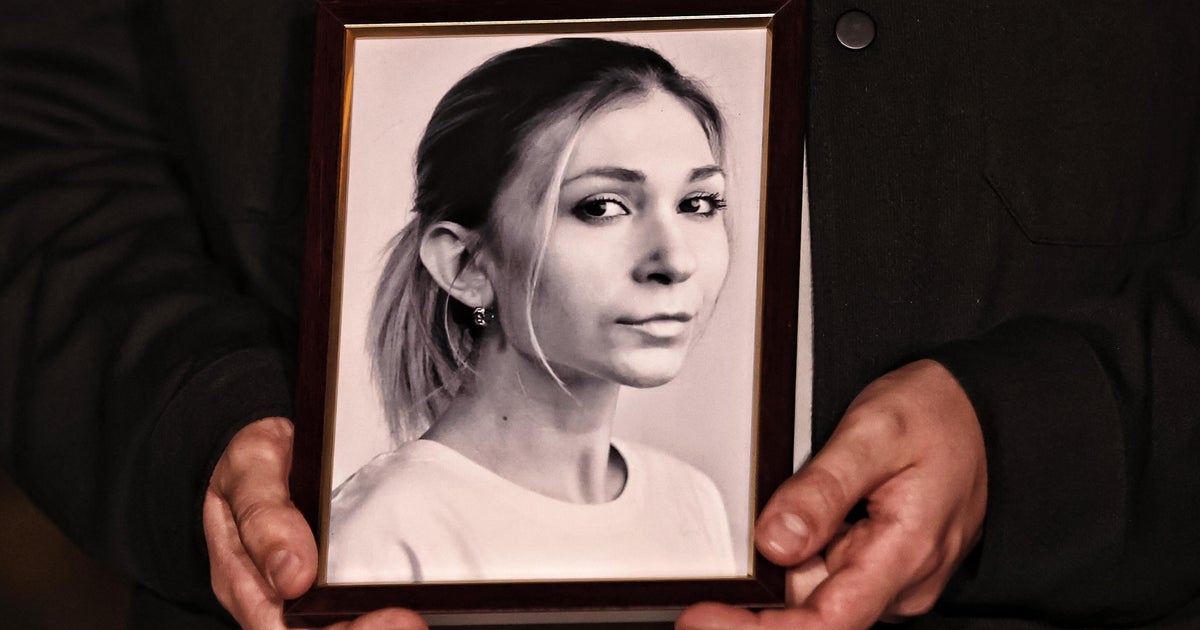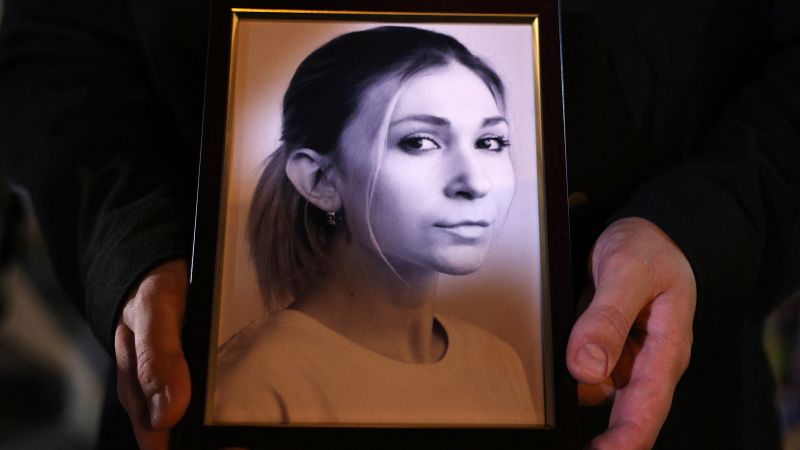The tragic death of Ukrainian journalist Viktoriia Roshchyna while in Russian custody has sent shockwaves through the journalism community. Roshchyna's body, which showed signs of torture, was returned to Ukraine as part of a body exchange between the two countries. The forensic examination conducted by Yuriy Belousov, the head of the War Crimes Unit at the Ukrainian Prosecutor General's office, revealed disturbing details of the torture and ill-treatment she endured. These included abrasions, hemorrhages, a broken rib, and possible traces of electric shock, all inflicted on her while she was still alive.
Russia's use of electric shocks as a method of torture against detained Ukrainians is well-documented, and the brutal nature of Roshchyna's injuries points to the horrific treatment she experienced. The missing organs discovered in her body upon return have raised suspicions that Russia may have attempted to conceal the true cause of her death.
Prior to her disappearance, Roshchyna had ventured into a Russian-occupied part of Ukraine to report firsthand on the lives of those living under occupation. Her dedication to her work and determination to cover the most critical events for her country earned her respect among her colleagues and the journalism community. Her brave reporting from dangerous territories highlighted the grave risks journalists face in conflict zones and under repressive regimes.
The circumstances surrounding Roshchyna's death remain shrouded in mystery, with her family left devastated by the loss and unanswered questions about the events leading to her demise. The lack of transparency and accountability in her case reflects broader concerns about the treatment of Ukrainian civilians held in Russian custody without due process or legal recourse.
The international response to Roshchyna's tragic fate has been one of outrage and calls for justice. Ukrainian officials have urged the global community to pay closer attention to the plight of civilians abducted and mistreated by Russia, emphasizing the need for immediate action to address these human rights violations. The Committee to Protect Journalists has condemned Russia for its role in Roshchyna's death, holding the Russian authorities responsible for the detention and ultimate demise of the courageous journalist.
Despite the challenges and dangers faced by journalists like Roshchyna, her unwavering commitment to reporting the truth and shedding light on the realities of conflict zones serves as a poignant reminder of the vital role journalism plays in safeguarding democracy and holding power to account. Her legacy as a fearless reporter dedicated to exposing injustices and giving a voice to the voiceless will continue to inspire generations of journalists to pursue truth and integrity in their work.
As the details surrounding Roshchyna's tragic fate continue to emerge, the global community must remain vigilant in demanding accountability for those responsible for her untimely demise. Her story serves as a stark reminder of the risks journalists undertake in pursuit of truth and the urgent need to protect press freedom and human rights in the face of adversity and tyranny.


